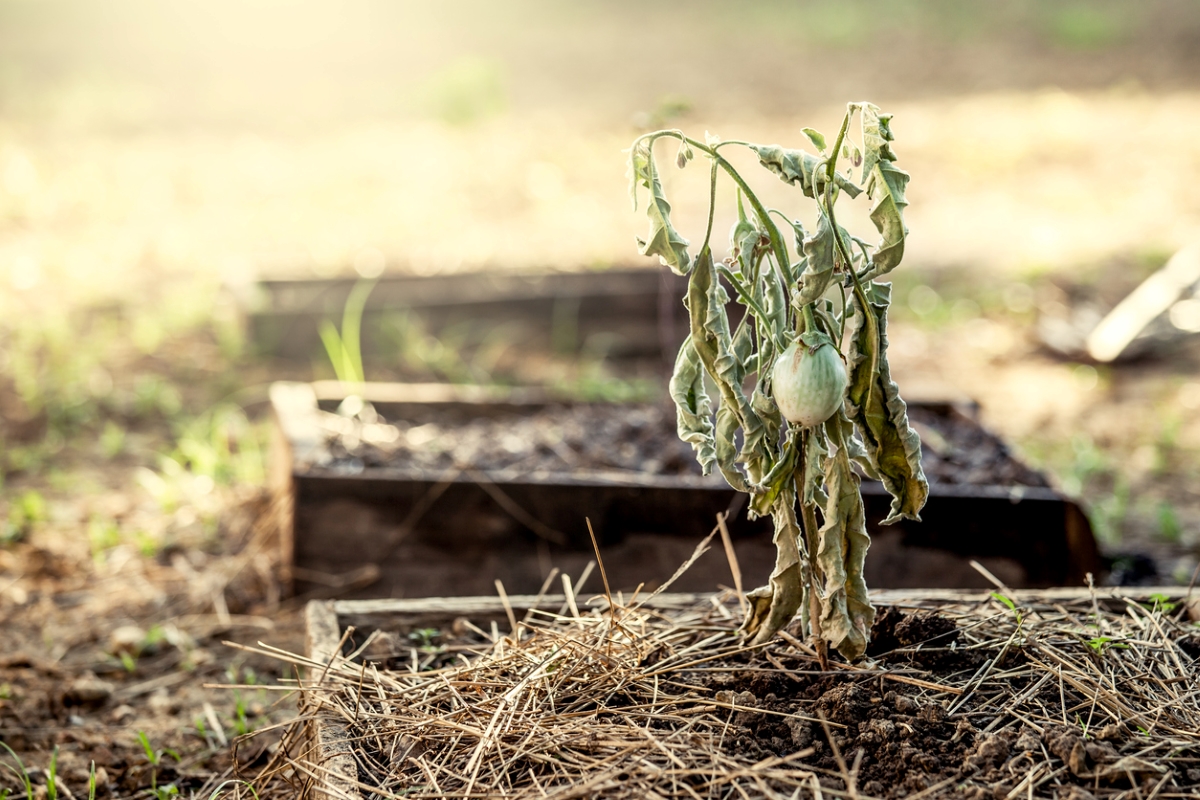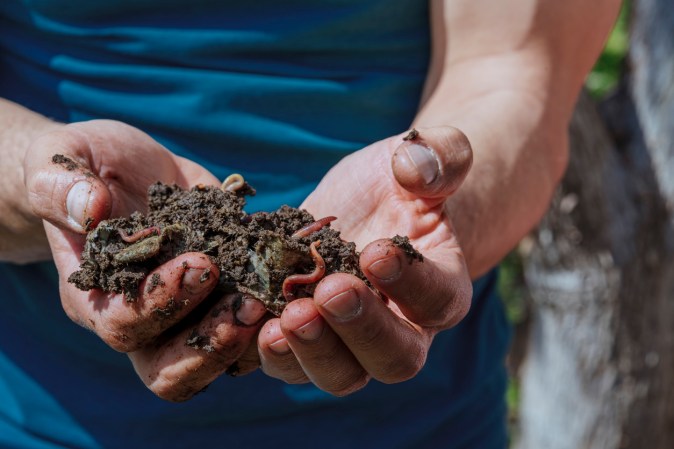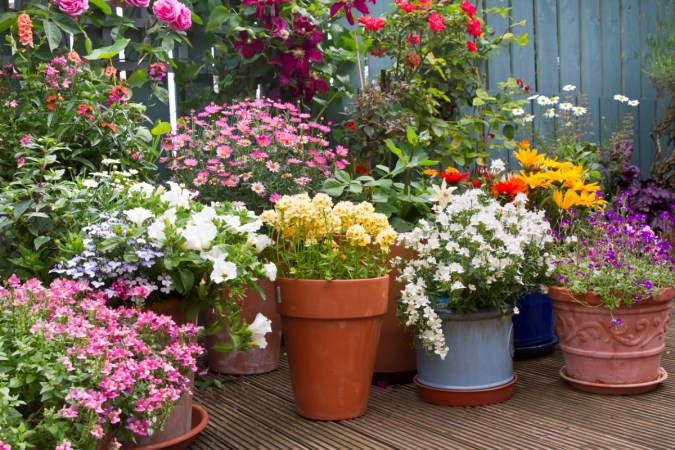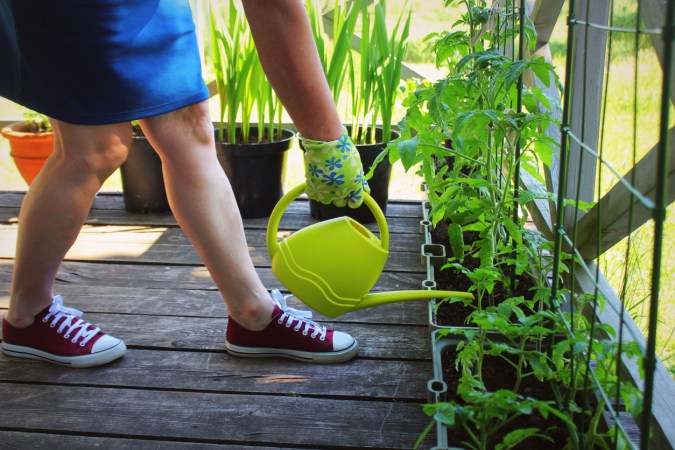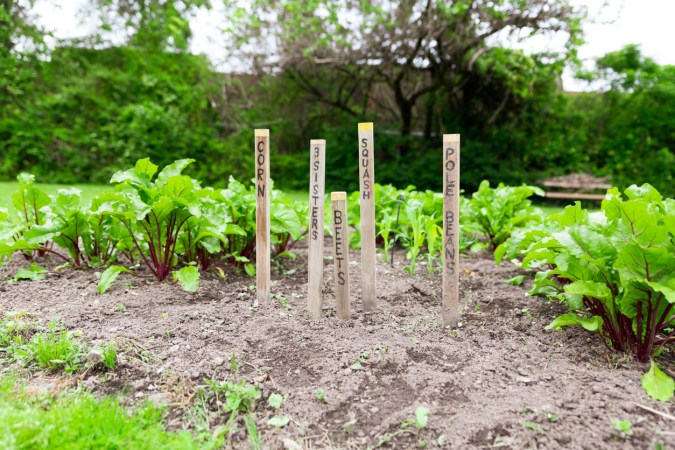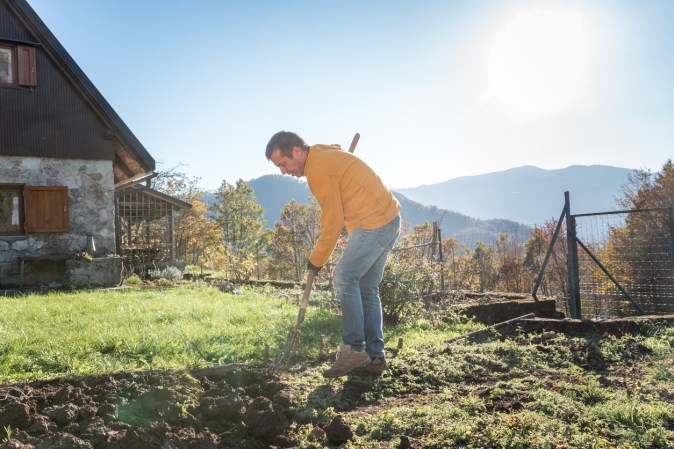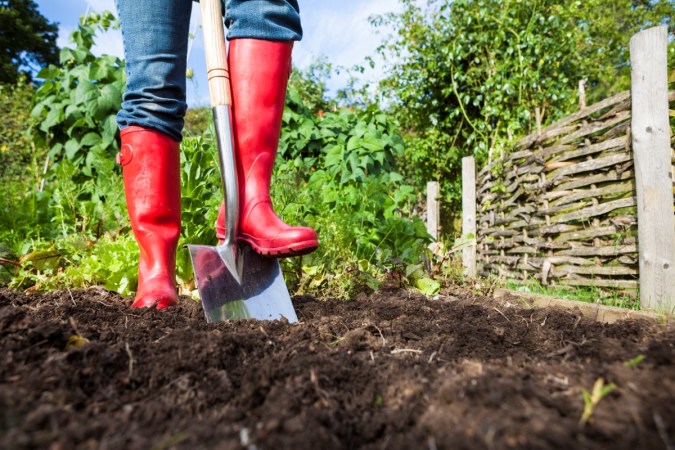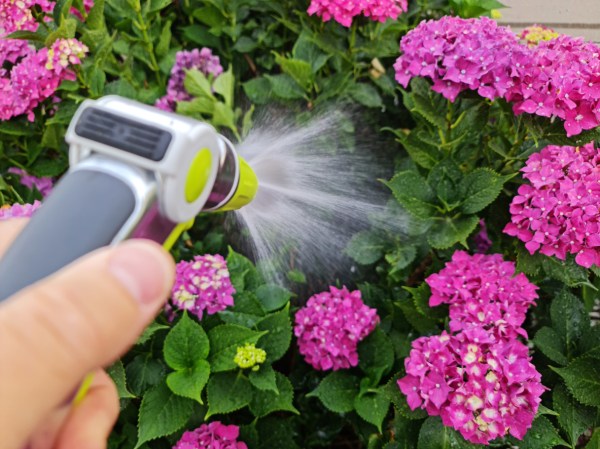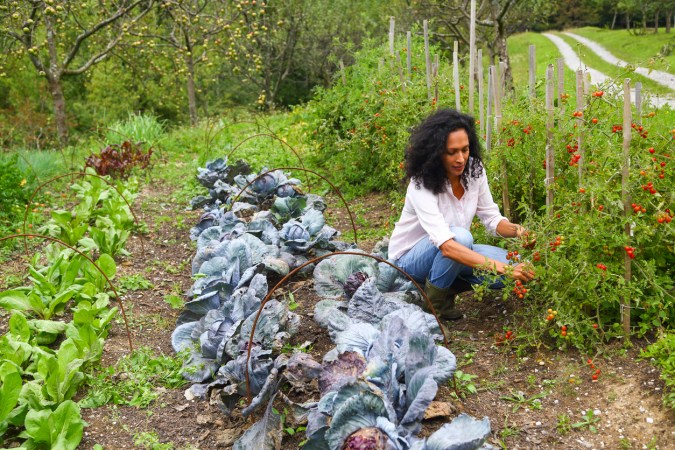We may earn revenue from the products available on this page and participate in affiliate programs. Learn More ›
Gardening is more than a hobby. Growing plants can produce fresh food for a family, increase the sales price of a home, and provide the physical and mental benefits of being outdoors and surrounded by nature. No matter how much you learn and experience, when you garden, you’re dabbling with an inexact science that requires trial and error. If the errors have got you down, check out these solutions to common gardening mistakes you might be making and how knowledge and persistence help your plants prevail.
1. Not paying attention to your yard’s sun and shade patterns
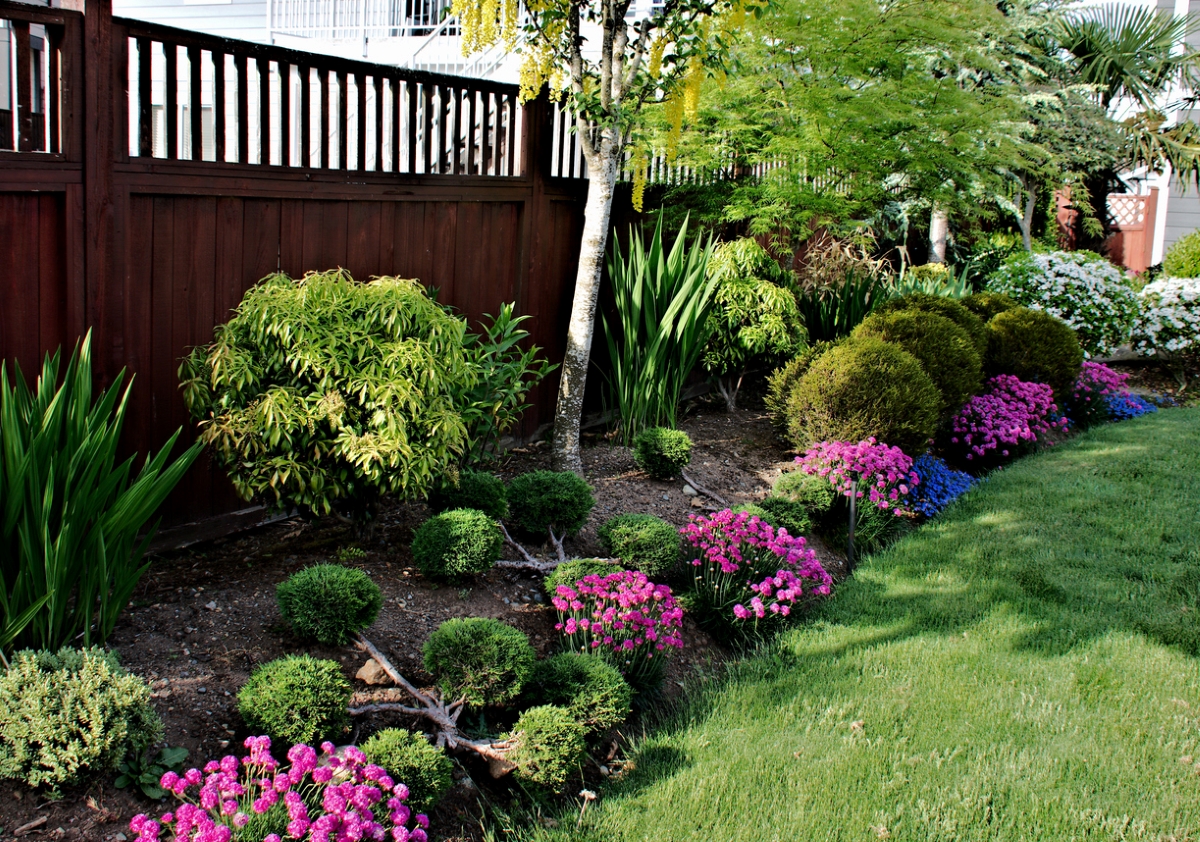
Before planting a flowering shrub that calls out to you at the nursery, consider how the sun falls on your landscape throughout the day. If the tree or flowers you want need full sun, try to give them that full light if possible, planting light-loving varieties in the path of direct sun. Reserve mostly shady spots for plants that require shade. Homes and other structures, trees, and even fences can cast shade at various times of the day and year.
You can estimate sun exposure by observing shadows as they move throughout the day or as the seasons change (and even by snapping photos). If you really want to get serious, create a sun exposure map of your landscape.
RELATED: 20 Plants That Are Perfect for Window Boxes
2. Not eliminating competing invasive plants
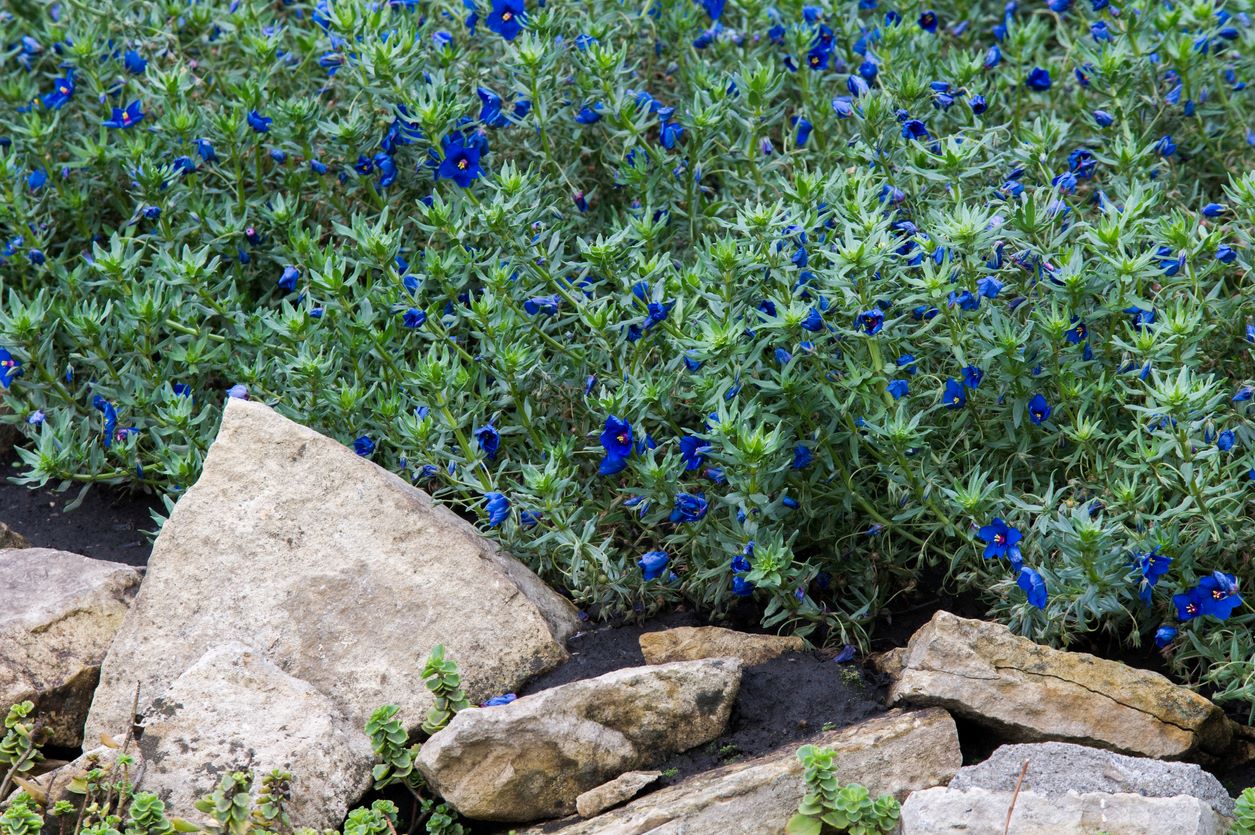
Invasive plants are varieties that grow quickly and spread rapidly, easily taking over your garden and yard in the process. This is because invasive plants come from other regions of the country or world and are not part of the local ecosystem. While some of these aggressive plants, like ivy, can create beautiful chaos, they and other species can become nuisances. Like weeds, they can compete for water and nutrients or crowd out ornamental plants.
Always research a plant’s growing habits before you introduce it into your garden. If you have an invasive plant, try replacing it with a native alternative. Turn to local or regional sources like master gardeners and extension offices, gardening clubs, and established local nurseries for advice.
RELATED: Bad Neighbors: 11 Plant Pairs Never to Grow Side by Side
3. Living with shoddy soil
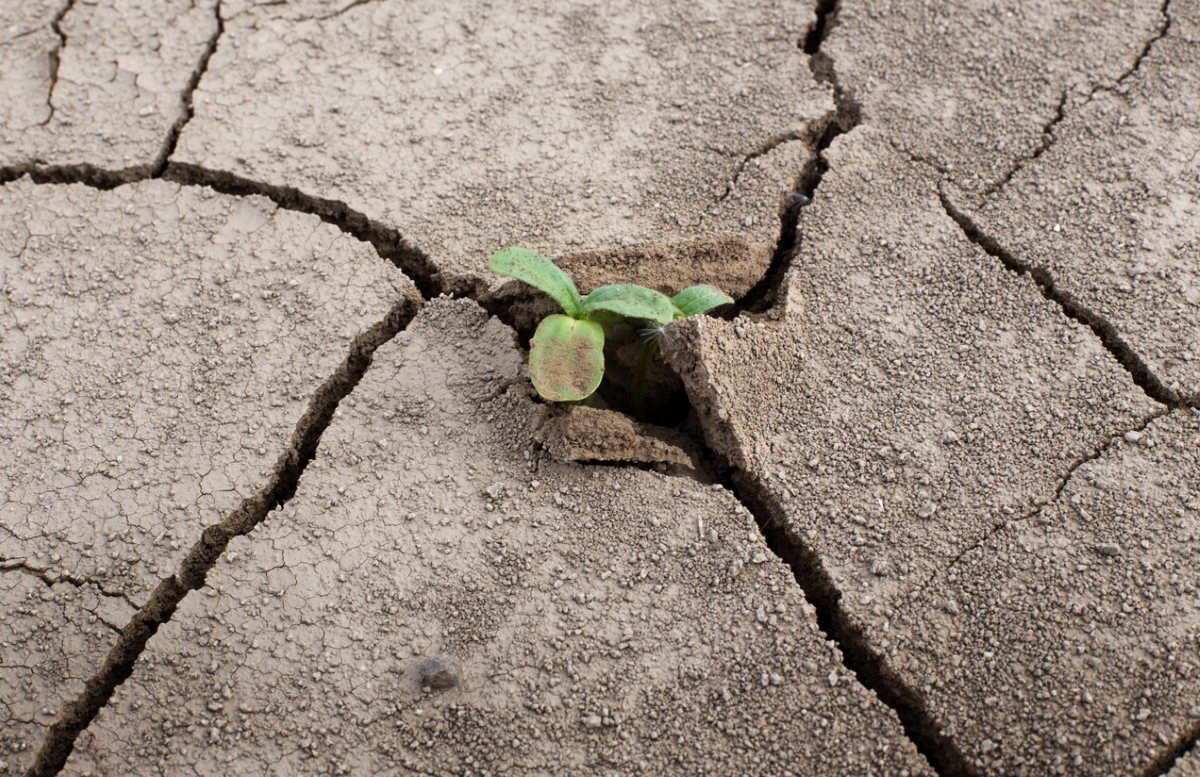
Any avid gardener will tell you that proper soil health is the key to success. It gets complicated, but in general, pay attention to your soil’s type, pH level, and how well it drains when you water plants. Roots need air around them, and heavily compacted or clay soil can choke some plant roots. Standing water and constantly damp soil can also harm most plants, and lack of organic matter offers little food for plants.
One approach to improving soil is to add organic matter (composts and natural mulches) each year to break down and feed soil. Soil for raised beds and containers varies somewhat from regular ground soil. When it comes to matters like pH, just know that some plants fare better in alkaline soil, while others grow best in acidic conditions. If you are unsure about pH and soil health in your garden, get your science on and test your soil at home.
RELATED: 13 Low-Cost Solutions for an Ugly Lawn
4. Not spacing your plants properly
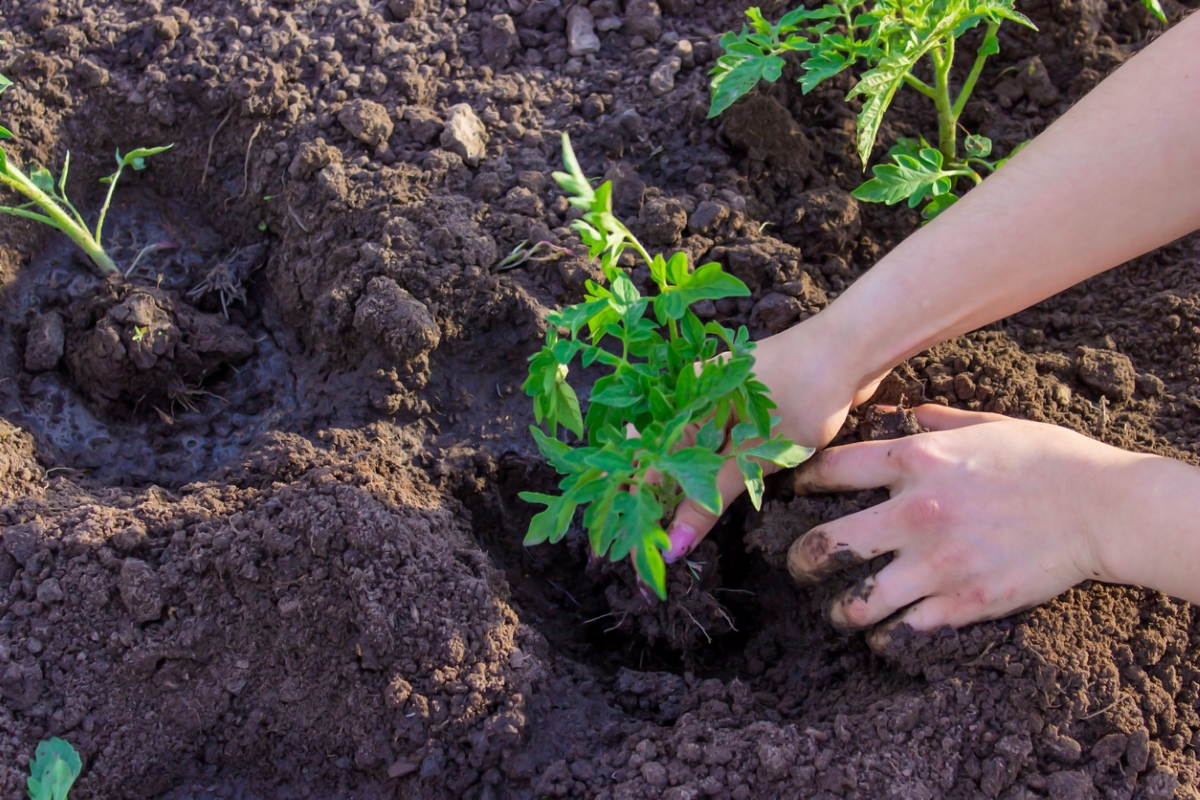
It’s tempting to want a garden bed to look full and lush immediately, but when planting perennials, you will soon regret it if you overcrowd a bed. Space trees, shrubs, and flowers according to their mature size. Fill in with low-growing annuals to boost color if you like until your main plants mature. Leaving space between plants can avoid complications such as poor air circulation, lowered sun exposure, and the spread of diseases. This is especially true in vegetable gardens, when pint-size plants grow rapidly in a single season.
If you are starting a garden from scratch, it can be tricky to space your seedlings properly and even harder to thin them as they come up. Learn the expected mature size (height and spread) of plants from the seed packet or sticker on nursery plants.
RELATED: 20 Totally Free Ways to Start a Garden This Year
5. Leaving your edibles hanging on plants rather than harvesting them
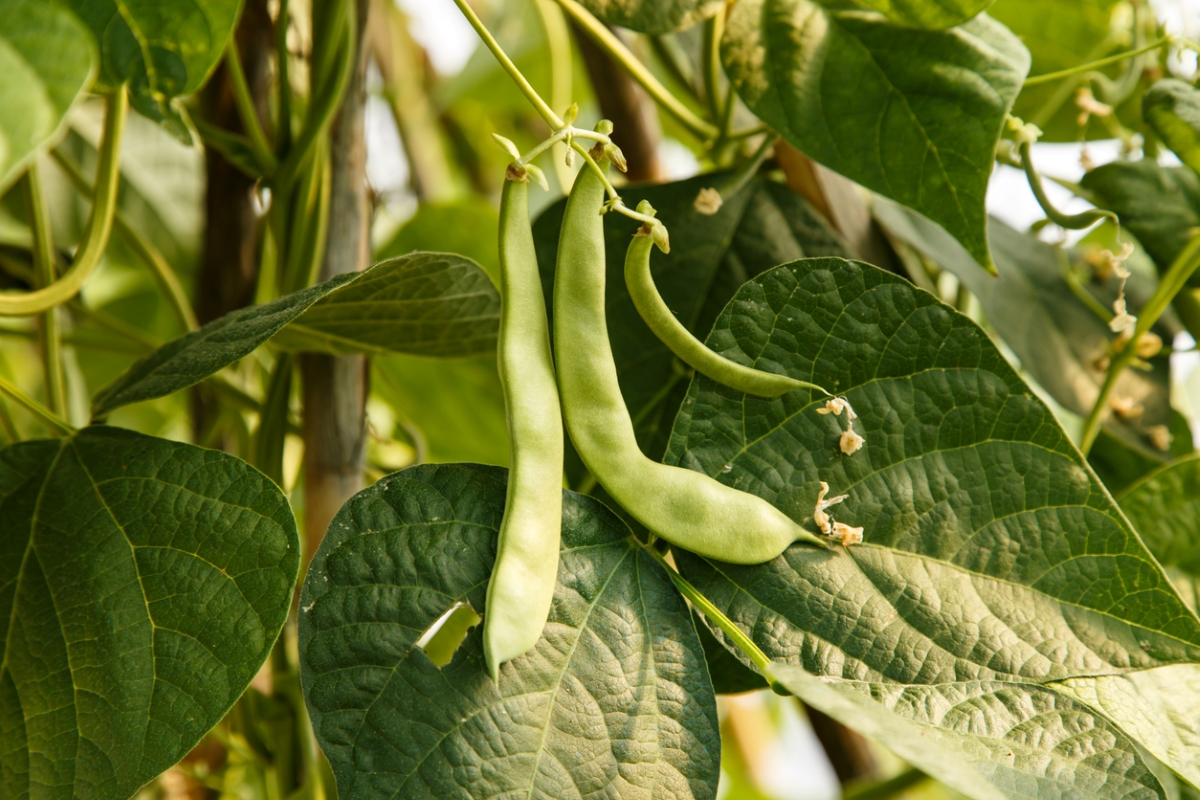
Not picking vegetables when they are ready actually slows a plant’s production and annual yield. Leaving, for example, a green bean or squash on the vine based on the premise that “bigger is better” can lead to tough or bitter fruit. For this reason it’s important to learn to tell when a fruit or vegetable is ripe and harvest them regularly.
If you hesitate to pick herbs, fruit, and veggies because you want to make the harvest last, consider trying succession planting. This is the practice of planting the same vegetable a few weeks after the last. Of course, it works best if you have a large garden and a long enough growing season for succession plants to flourish.
RELATED: 12 Fast-Growing Vegetables for Your Home Garden
6. Neglecting to mulch garden beds
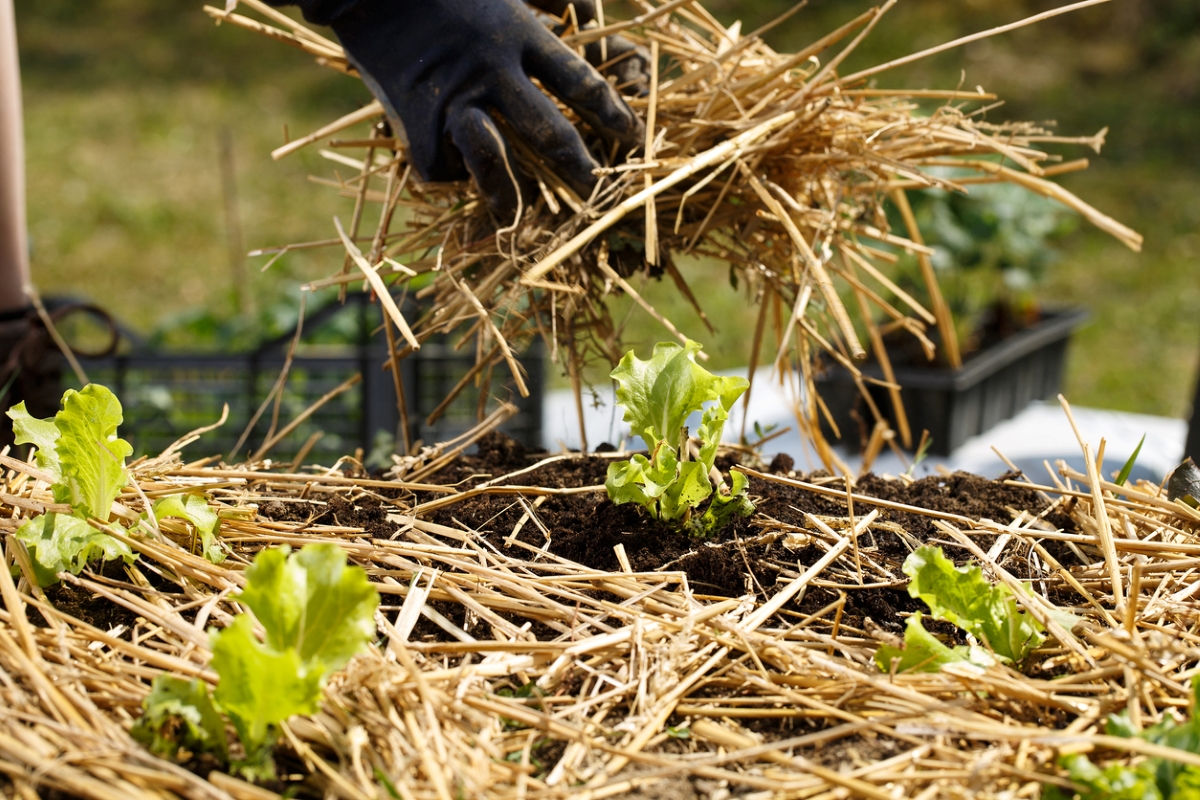
Novice gardeners often underutilize mulch. However, placing organic material on top of soil can help retain water, cool soil around roots, protect the soil from wind or other elements, and cut down on weeds. Plus, compost and other organic materials eventually break down and improve the soil underneath for years to come.
In most cases, applying mulch when planting a crop or ornamental plant is the best approach, since it helps the plant retain the water that its roots need to get established. Some other mulch types, such as gravel, can help warm a cold-tender plant. With any mulch, aim for 3 to 4 inches of depth and avoid mulching too closely to a plant’s crown or trunk.
RELATED: 14 Wise Ways to Weatherproof Your Garden
7. Selecting the wrong plant for the space
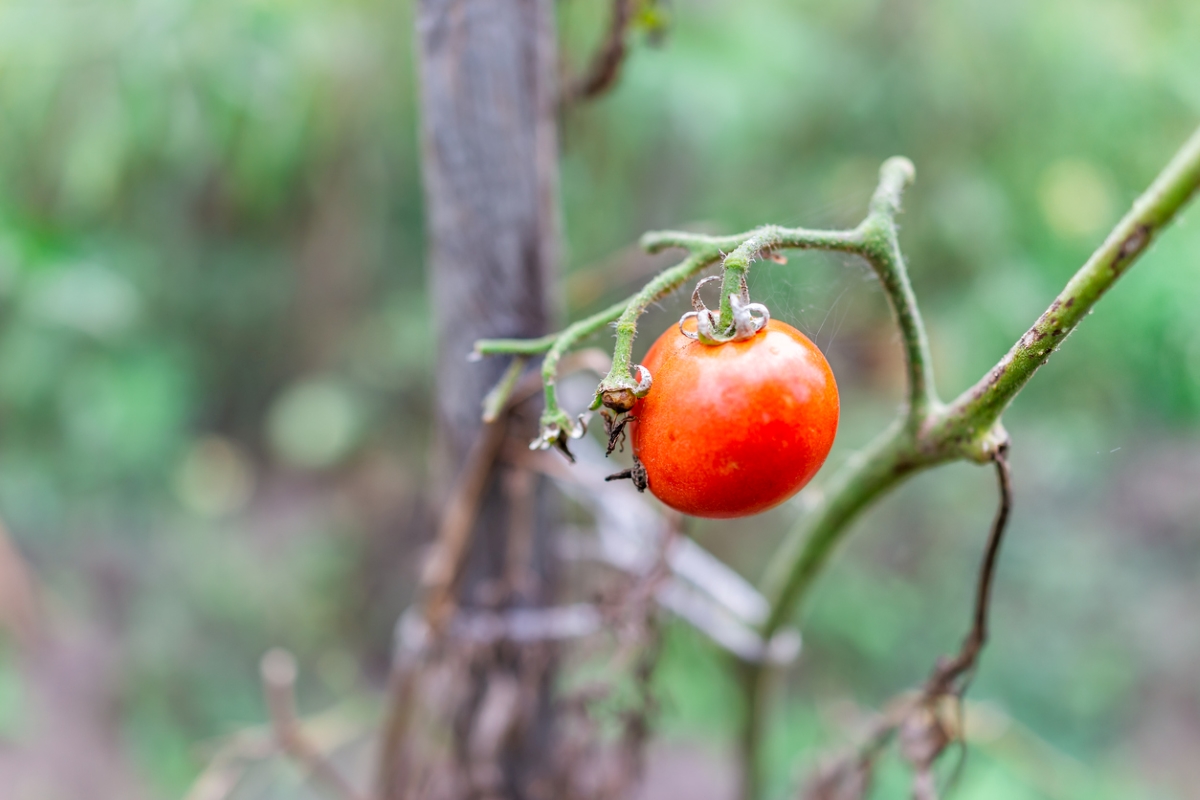
Just like with sun and shade exposure, plants will fare best if they grow at just the right temperature, in just the right soil. Attempting to grow plant varieties that are a bad match for your climate is fighting a losing battle. The first step to learning exactly what your plants need is to determine your USDA zone, which is based on cold hardiness, or the average lowest temperature in winter.
Also consider heat and heat zones. If a plant is sensitive to heat, place it where it will receive afternoon shade in summer. Or place a cold-sensitive plant on the south side of your home or other structure to boost the heat around it in winter.
The final conditions of which you should be cognizant are soil structure and moisture. A plant that is drought-tolerant and subject to root rot will stay healthier if it is planted in a high or dry area of the garden than in a low spot where water pools.
RELATED: The 12 Best Places to Buy Outdoor Plants Online
8. Failing to protect your garden from animals
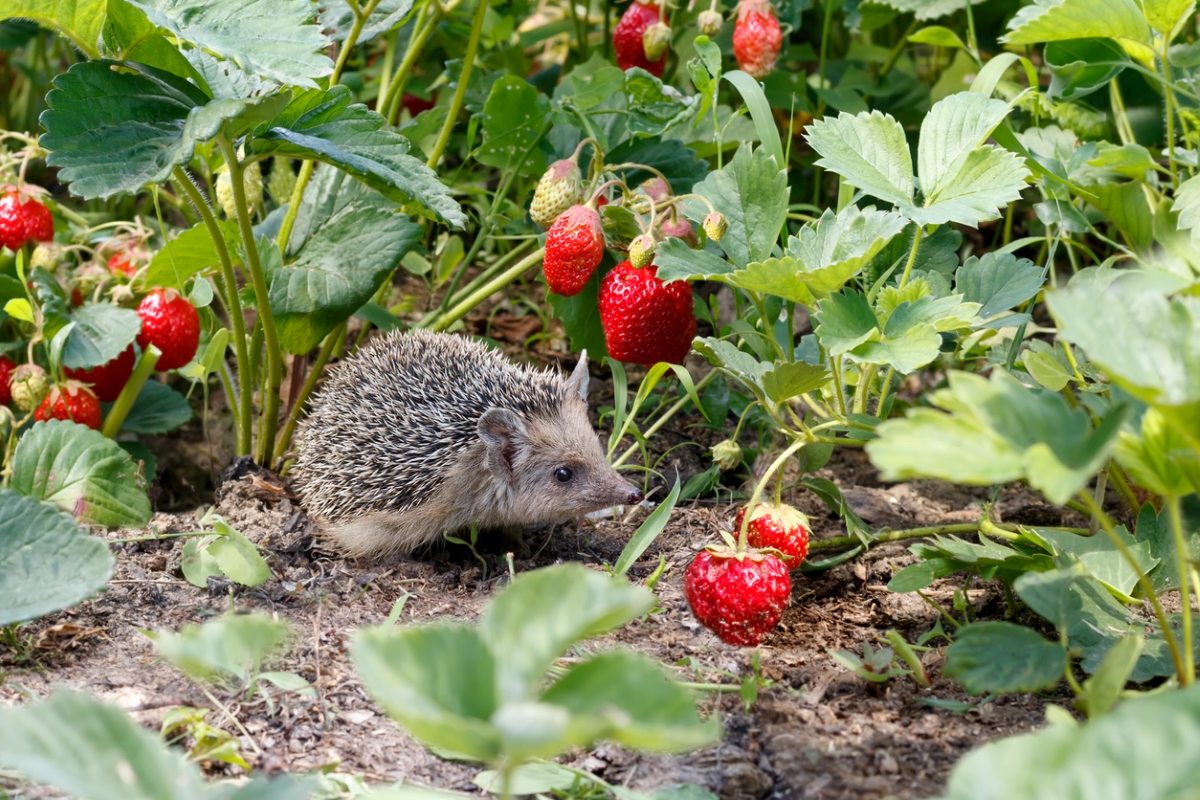
Wildlife and pets can wreak havoc on your garden if it is left unprotected. Fences and chicken wire can help keep out pests like deer and raccoons, while buried barriers can ward off burrowing critters like gophers. There are plenty of ways to keep critters off your plants without harming the animals. Of course, this also begins with plant selection, such as ensuring a plant is rabbit or deer tolerant if you have the wildlife in your area.
For the occasional wildlife visitor and for vegetables, some sort of physical barrier such as a fence, wire cloche, or fabric row cover usually works best, though some companies and garden sites tout products that deter animals, including spray-on scents and ultrasonic pest repellers.
RELATED: 15 Plants to Grow for a Pest-Proof Yard
9. Sowing or planting at the wrong time
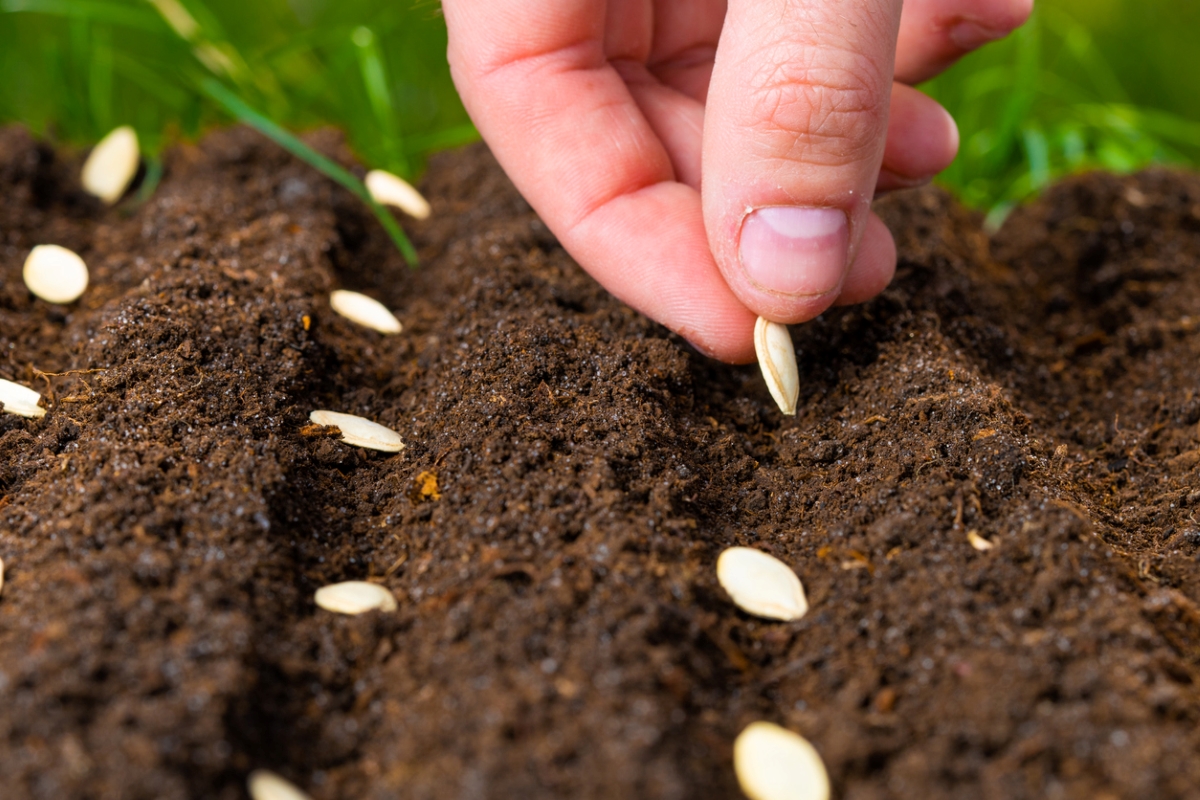
While you may assume that spring is always the best time to start a garden, you should know that many plants thrive with summer or fall planting. In short, you will have best success if you plant when temperatures are not extreme. That means after your last frost and several weeks before your first expected frost in fall. Shrubs need time to become established in spring before summer heat stresses them, and for root growth in fall before freezing nights. It also helps to harden off plants before the shock of a transplant and to avoid planting on highly windy days.
Seed packets typically give you a sowing time, and bulbs and some other plants’ tags or packaging provide planting information. The Farmer’s Almanac was the go-to source for vegetable timing for centuries, and you still can search the Almanac site for specific sowing and planting dates for your vegetable garden by ZIP code. Your local extension and master gardener offices can also help with proper planting dates.
RELATED: 11 Plants You Should Never Start Indoors
10. Watering inconsistently
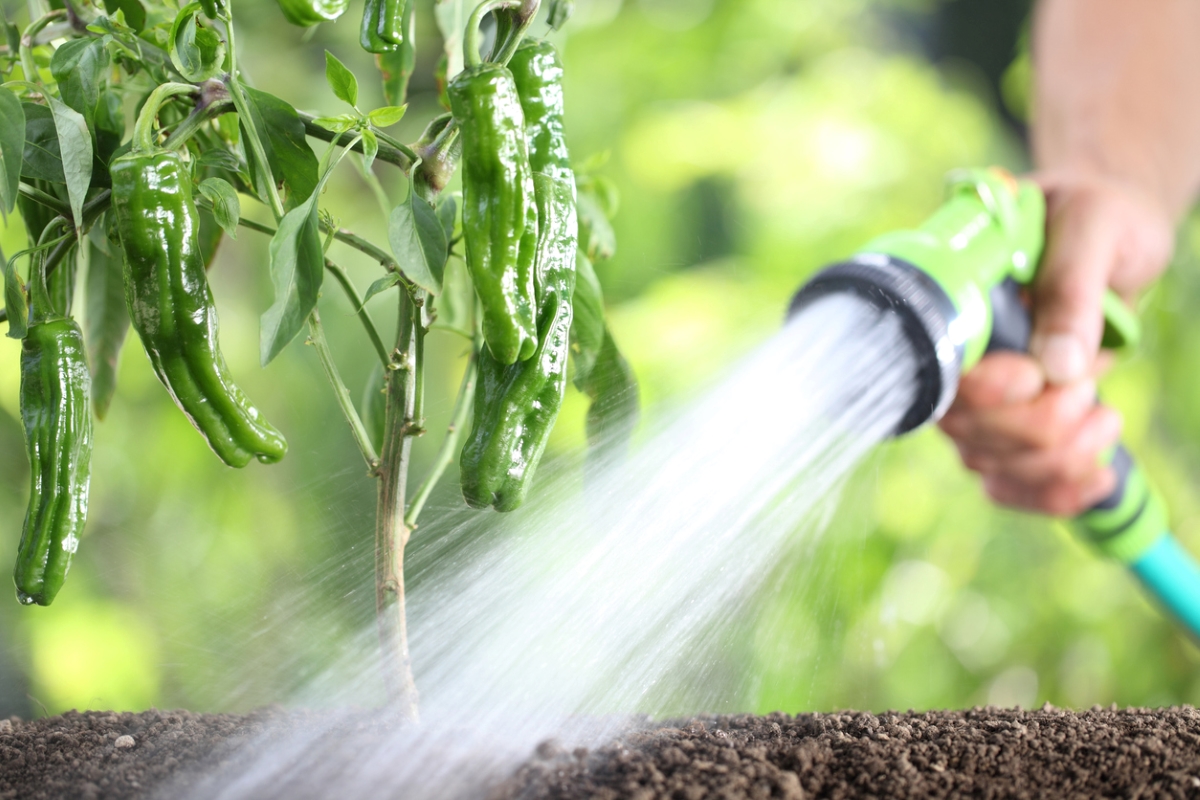
Watering might seem like the most basic garden maintenance task, yet it can be one of the trickiest—especially if your garden is comprised of plants with different needs. When you’re establishing a garden or bed, it’s a good idea to place plants with similar watering needs near each other. With established plants, consider labeling plants in your garden and creating a watering schedule for regular and consistent irrigation.
Consistency of schedule, water amount, and how you deliver the water to the plant all matter. The best way to water plants consistently, slowly, and at ground level is with drip irrigation or a soaker hose set to a timer. It also helps to consider a plant’s growing conditions. For example, container-grown plants might need more frequent watering than the same plant grown in the ground, since containers can drain and dry out faster.
RELATED: 9 Clever Landscaping Hacks for Your Best-Ever Yard
11. Using pesticides instead of sustainable pest management strategies
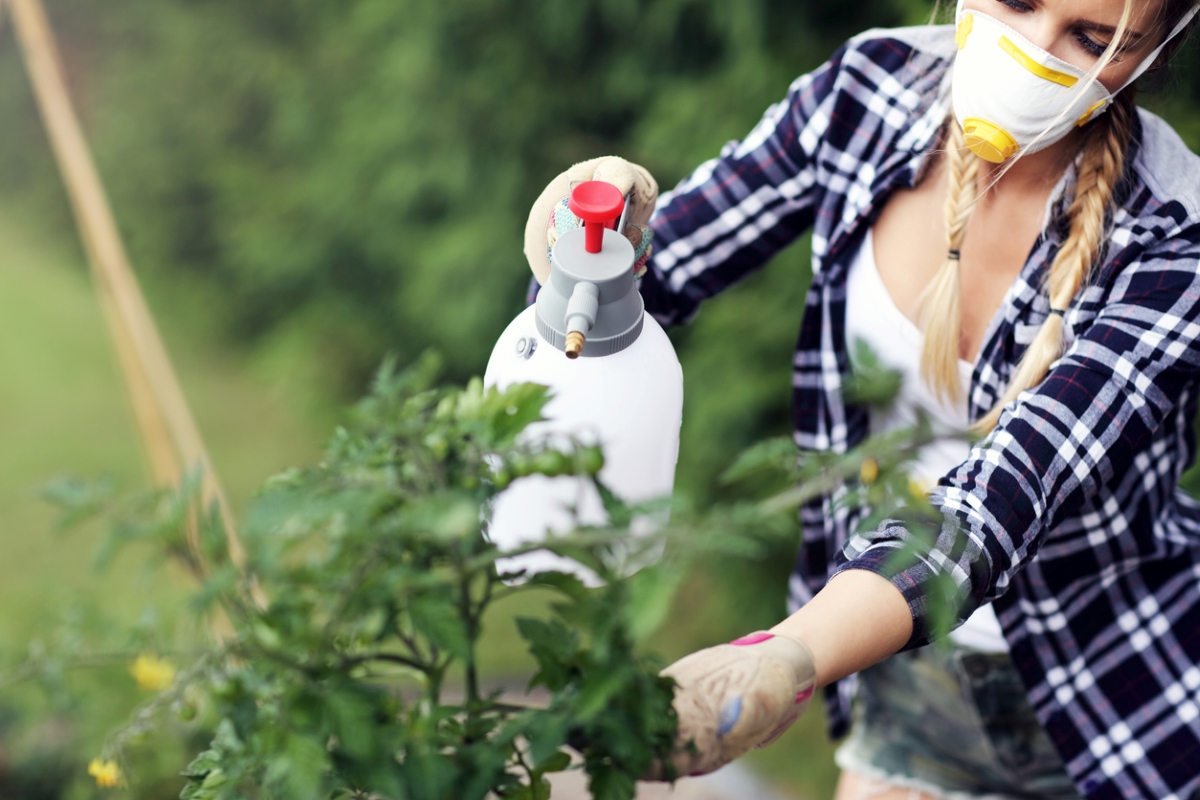
More than 4 billion applications of pesticide are made each year in U.S. homes and landscapes. Aside from the potential harm of chemical pesticides (and herbicides to control weeds) to people, water supplies, and the ecosystem in general, pesticides are toxic to honey bees. Use of pesticides is among the top factors contributing to declining populations of these important pollinators.
Integrated pest management is a strategy to prevent pests in the long term while protecting the ecosystem. Cultural, physical, and biological pest control practices are preferred to chemicals; use of pesticides should be the last resort for a gardener. Pests are more likely to attack weakened plants, so keeping plants watered and healthy is the first cultural step, as is pulling weeds. Physical pest control deters or removes pests, such as row covers to keep grasshoppers off seedlings and physically picking off pests like tomato hornworms instead of spraying chemicals. Biological control is more difficult for home gardeners but involves attracting natural predators like ladybugs.
RELATED: 15 Natural Pest-Control Strategies for Your Home Landscape
12. Giving up on your garden
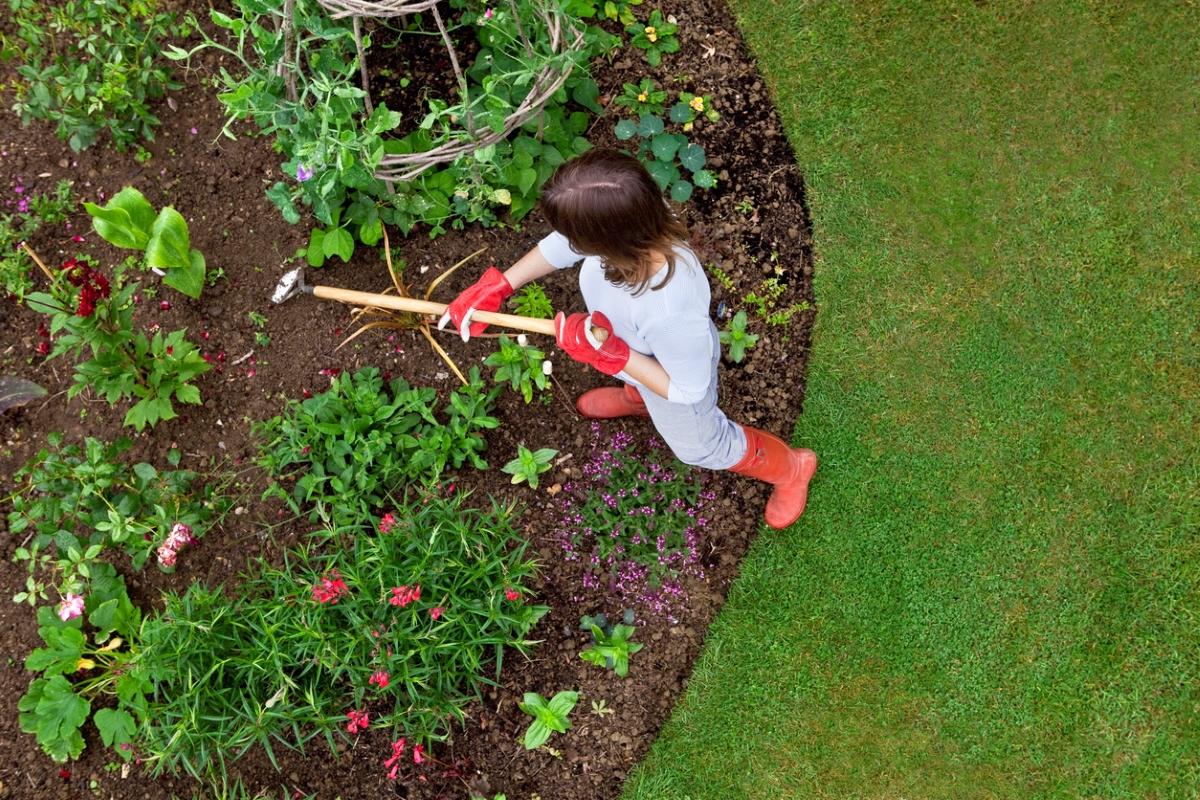
One of the worst mistakes a gardener can make is giving up. All gardeners make mistakes or face problems beyond their control, like a plant that might have been unhealthy before the gardener touched it. Experience is your best teacher and you will learn the most by being observant and attentive to your plants.
The best way to observe what’s happening in your garden is to spend time in it. For example, walking along the rows of the vegetable garden helps you notice signs of distress or disease in plants. Observing the garden at different times of day can help you spot a problem like lack of shade in the heat or the presence of a bad bug. And while you’re out there observing, note how you feel. A British study found that people who spend time in the garden are happier and healthier. So, relax and enjoy your hard work and successes.
